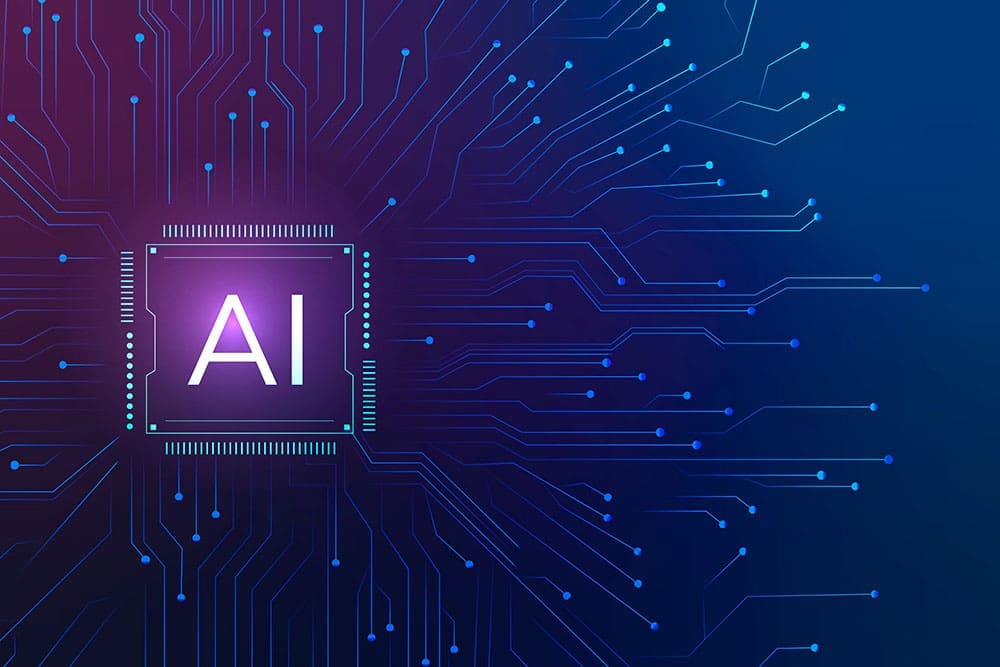Image by rawpixel.com on Freepik
Artificial Intelligence (AI) is one of the most transformative technologies of the 21st century, reshaping how we work, live, and interact. From personalized shopping recommendations to self-driving cars, AI is becoming an integral part of our lives. But what exactly is AI, and why does it matter?
What is Artificial Intelligence?
At its core, AI refers to the simulation of human intelligence by machines. It enables computers and systems to perform tasks that typically require human cognition, such as problem-solving, learning, decision-making, and understanding language. AI systems rely on algorithms and large datasets to learn patterns and make predictions, often improving over time.
For instance:
- Machine Learning (ML): A subset of AI that enables systems to learn from data without being explicitly programmed. Think of recommendation systems on Netflix or Spotify.
- Natural Language Processing (NLP): AI’s ability to understand and generate human language, like chatbots or voice assistants (e.g., Alexa, Siri).
- Computer Vision: Teaching machines to interpret and analyze visual data, such as facial recognition in smartphones or tumor detection in medical imaging.
Pros of AI
- Efficiency and Automation: AI can automate repetitive tasks, saving time and reducing human error. For example, factories use robots to streamline production.
- Enhanced Decision-Making: AI analyzes vast amounts of data to provide insights and make predictions. Businesses use it for customer behavior analysis, while doctors rely on AI to detect diseases early.
- Improved Customer Experience: AI chatbots and virtual assistants provide 24/7 support, improving accessibility and user satisfaction.
- Innovation Across Industries: From autonomous vehicles to personalized medicine, AI is driving breakthroughs in numerous fields.
Cons of AI
- Job Displacement: Automation powered by AI can lead to job loss in sectors like manufacturing and customer service.
- Bias and Fairness Issues: AI systems can inherit biases from the data they are trained on, potentially leading to unfair outcomes.
- High Costs: Developing and maintaining advanced AI systems requires significant investment.
- Security Risks: AI systems can be hacked or misused, leading to ethical concerns and security vulnerabilities.
The Double-Edged Sword: Advantages and Threats
AI’s potential is vast, but it’s not without risks. For instance:
- Advantages:
- In healthcare, AI can revolutionize diagnostics. IBM’s Watson, for example, helps doctors recommend treatments based on patient data.
- In education, AI-powered platforms like Duolingo personalize learning experiences, adapting to individual student needs.
- Threats:
- Deepfake technology, powered by AI, can create realistic yet fake audio or video content, posing risks to public trust and security.
- Autonomous weapons or AI-driven cyberattacks represent significant threats if misused.
Should AI Be Used?
The debate isn’t about whether AI should be used, but how it should be used. Its benefits are undeniable, but regulation and ethical guidelines are crucial to mitigate risks. Responsible AI development focuses on transparency, accountability, and inclusivity to ensure its positive impact.
Possibilities of AI Use
AI applications span virtually every industry. Here are a few examples:
- Healthcare:
- Detecting diseases earlier through AI imaging analysis.
- Predictive analytics to anticipate outbreaks, like during the COVID-19 pandemic.
- Transportation:
- Self-driving cars (e.g., Tesla) and AI-powered traffic management systems can reduce congestion and accidents.
- Retail:
- AI optimizes inventory management and offers personalized shopping experiences.
- Finance:
- Fraud detection, credit scoring, and algorithmic trading rely on AI to ensure accuracy and efficiency.
- Entertainment:
- AI-generated content, from music to entire movie scripts, is revolutionizing creative industries.
Who’s Using AI?
AI adoption is widespread:
- Tech Giants: Companies like Google, Microsoft, and Amazon lead in AI research, from language models to cloud-based AI services.
- Healthcare Providers: Organizations like Mayo Clinic use AI to enhance patient care.
- Startups: AI-driven startups are solving niche problems, such as agricultural yield prediction or climate change modeling.
The Future of AI
AI adoption is accelerating. According to a recent PricewaterhouseCoopers (PwC) Global AI study, “AI could contribute up to $15.7 trillion1 to the global economy in 2030….”. Industries like healthcare, retail, and manufacturing are expected to see exponential AI integration. Emerging technologies like quantum computing could supercharge AI capabilities, enabling it to solve complex problems like drug discovery or climate change faster than ever. However, challenges like data privacy, ethical AI usage, and workforce re-skilling must be addressed to ensure inclusive progress.
The chirp…
Artificial Intelligence holds the promise of transforming every facet of our lives. Its ability to process vast amounts of data and learn over time offers unprecedented opportunities, but it comes with significant challenges. To harness its full potential, society must strike a balance between innovation and regulation, ensuring AI is developed responsibly.
As AI continues to evolve, its impact will grow. Whether it’s revolutionizing industries or solving global challenges, one thing is clear: AI isn’t just the technology of the future—it’s the reality of today.




